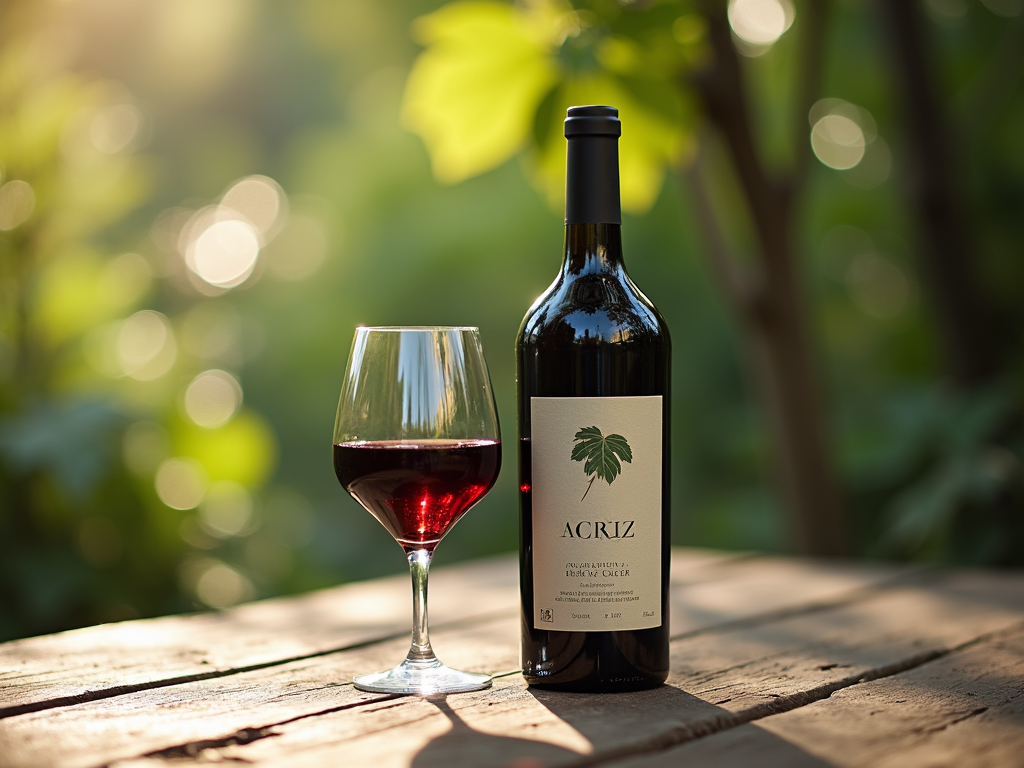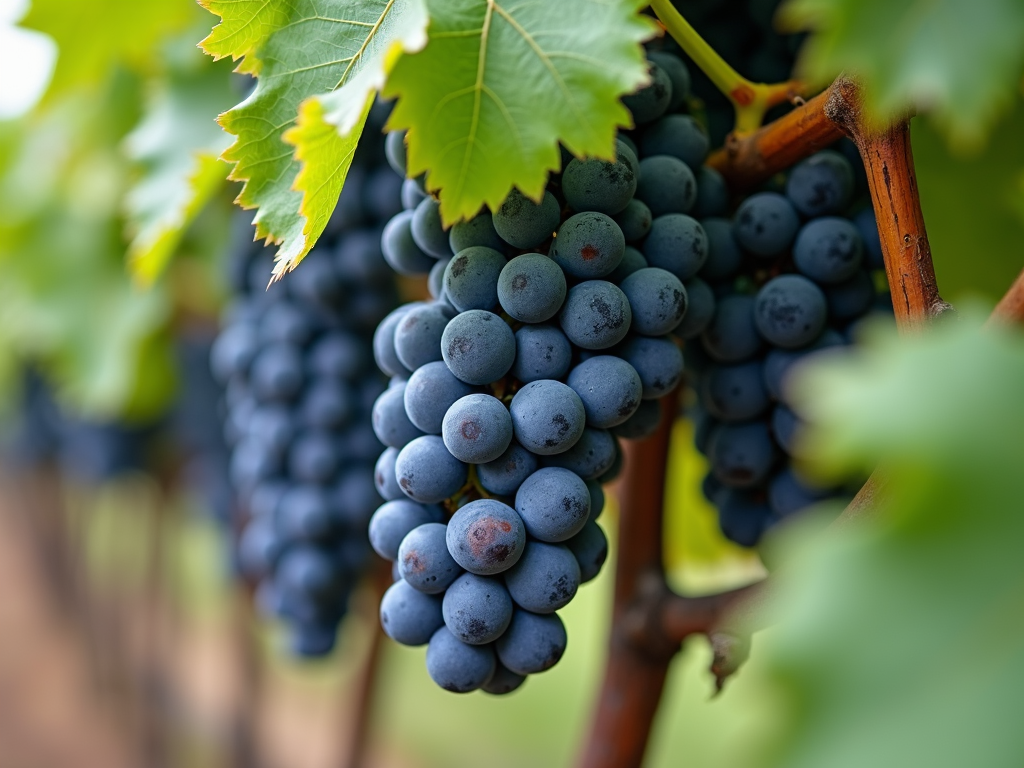Why Organic Wines Are Worth It: A Deep Dive
Organic wines are more than a trend—they’re a smart choice for your health, the planet, and your taste buds. This article dives into why organic wines are worth it, explores sustainably sourced options, and highlights Beringer wine tasting events. Get ready for a deep, enjoyable read!
What Makes Organic Wines Different?
Organic wines come from grapes grown without synthetic pesticides, herbicides, or fertilizers. The winemaking process skips artificial additives, like extra sulfites. This creates a cleaner product. It’s not just about rules—it’s about respecting nature and delivering quality. According to Cornell University’s research, organic farming cuts chemical runoff by up to 50%, benefiting ecosystems.

Why Choose Organic Wines?
Here’s why organic wines stand out:
- Better for the Planet: Organic vineyards reduce pollution. They boost biodiversity by letting natural plants and insects thrive.
- Health Perks: No synthetic chemicals mean fewer toxins in your glass. Lower sulfite levels can also help those sensitive to them.
- Unique Taste: Fans say organic wines taste purer. Natural methods let the grape’s true flavor shine.
A study from UCLA found organic wines often have higher antioxidant levels, adding a health bonus.
A Guide to Sustainably Sourced Wines
Organic is a start, but sustainability goes further. It covers everything—water use, energy, and fair treatment of workers. sustainably sourced wines aim for a smaller footprint. Some wine brands, like Beringer, blend organic practices with sustainability, making every sip feel good inside and out.

Beringer Wine Tasting Events: A Personal Take
I attended a Beringer wine tasting event last summer, and it changed how I see wine. Beringer, a respected name among wine brands, hosted it in their Napa Valley estate. The organic Chardonnay was crisp and refreshing—perfect for a warm day. The staff shared how Beringer balances tradition with eco-friendly methods. It felt personal, not preachy.
The Environmental Edge
Organic wines help the earth in big ways. Conventional farming uses chemicals that harm soil and water. Organic methods skip those, keeping land fertile. The USDA reports that organic practices can cut pesticide use by 97%. That’s a win for nature—and for future harvests.

Do They Really Taste Better?
Taste is personal, but I’ve noticed a difference. At that Beringer event, the organic Pinot Noir had a bold, earthy kick I hadn’t found in regular wines. Experts say natural farming lets grapes develop richer flavors. A Wine Institute study backs this, noting organic wines often score higher in blind taste tests.
Health Benefits Unpacked
Organic wines aren’t a cure-all, but they offer perks. No synthetic pesticides mean fewer chemicals in your body. Lower sulfites can ease headaches for some drinkers. I’ve felt lighter after switching to organic—less groggy the next day. It’s a small change with a real payoff.

Why Organic Wines Are Worth It: A Deep Dive
Let’s break it down:
| Benefit | Organic Wines | Conventional Wines |
|---|---|---|
| Chemical Use | None synthetic | Pesticides, herbicides |
| Sulfite Levels | Lower | Higher |
| Environmental Impact | Positive | Often negative |
| Taste | Often richer | Standard |
Organic wines deliver value beyond the glass. They support a healthier planet and body. Plus, brands like Beringer make them accessible and fun to explore.
Getting Started with Organic Wines
Try them yourself! Start with a bottle from Beringer or another trusted name. Visit a tasting event—Beringer wine tasting events are a great entry point. Ask questions, sip slowly, and notice the difference. It’s less about spending more and more about choosing wisely.

Final Thoughts
Organic wines are worth it—for the environment, your health, and that next perfect sip. They’re a simple way to enjoy wine while supporting sustainable practices. Whether you’re at a Beringer wine tasting event or just browsing wine brands, going organic feels right. Give it a try and taste the difference.